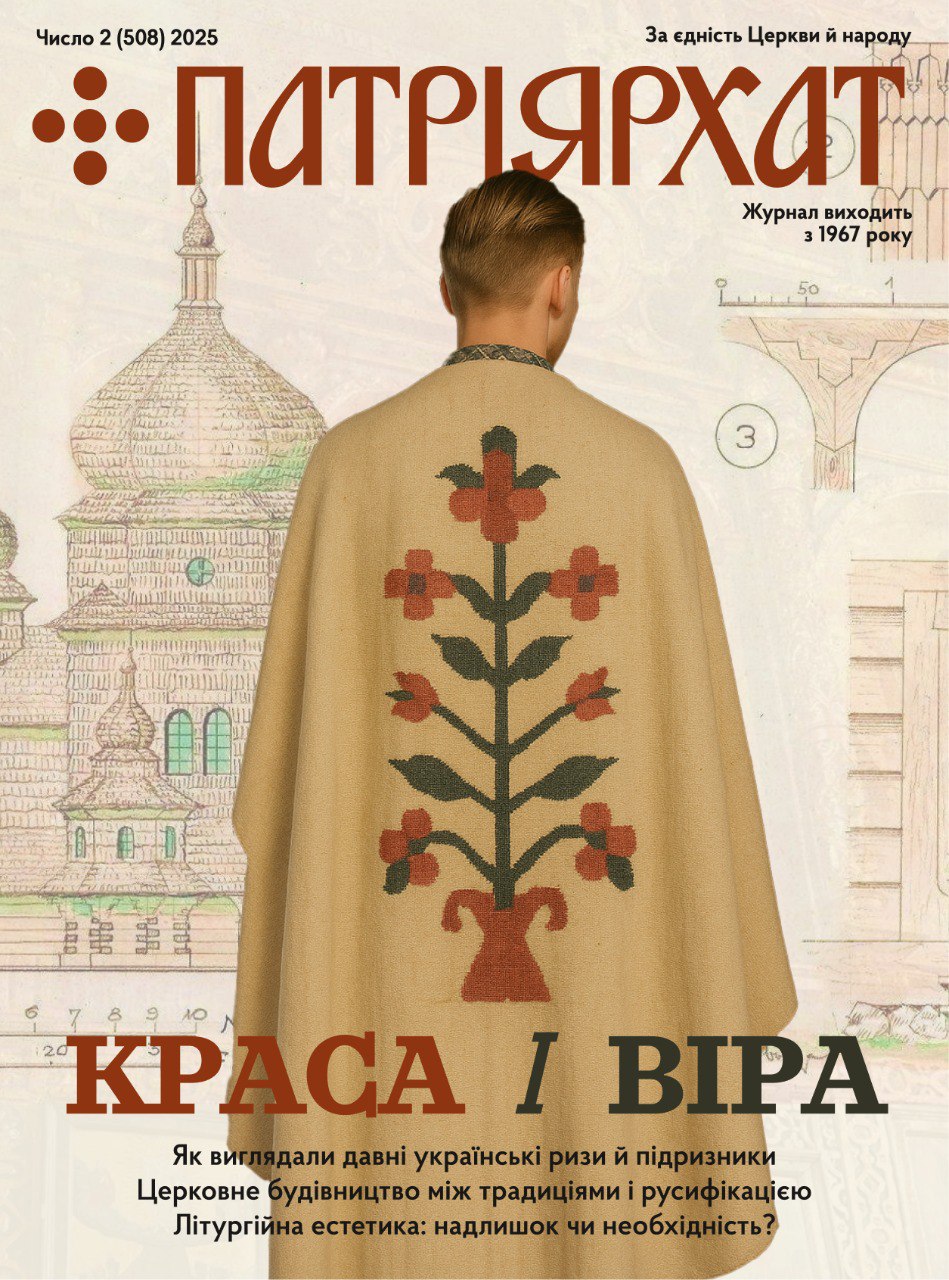By Desmond O’Grady, Rome correspondent
VATICAN CITY — The synod of the Ukrainian Catholic Church was convoked to indicate candidates for appointment as coadjutor with right of succession to Cardinal Josip Slipyj as Archbishop of Lviv in the Soviet Union and leader of the Church.
The pope cnose Myroslav Lubachivsky who the pontiff consecrated archbishop of the Ukrainian-rite Archdiocese of Philadelphia only last November.
Pope John Paul said this in this speech to the special synod when it began in the Vatican last month. Fifteen of the 18 Ukrainian bishops outside the U.S.S.R. attended. After the pope’s introductory talk, the participants immediately voted on the candidates for the role of coadjutor to 88-year old Slipyj. John Paul II said the synod had also been convoked to allow the Ukrainian Catholic Church «a moment of synodal unity.»
For years the Ukrainians have demanded that the Vatican make Cardinal Slipyj a patriarch. This would enable them to hold their own synods which would nominate bishops who would be confirmed by the Pope. The Vatican probably wary of the possible political repercussions of appointing a patriarch who could be taken as civil as well as a religious leader, has refused to elevate Cardinal Slipyj to the position. This has irritated many Ukrainians.
Pope John Paul gave then some satisfaction by summoning a synod even though it took place under his presidency rather than the cardinals.
The pope promised that the cardinal could convoke further synods — with his approval. But the pope also went out of his way to reassure the Russian Orthodox Church that the synod was not a challenge to it.
After stating that the sufferings of the Ukrainian Catholic Church should stimulate its faith, its rite, its traditions, its «spiritual identify» he added: «We do not want this identity to appear to our brethren in the Orthodox Church as a sign of antagonism or almost an ignorance of the life and glorious traditions of the Eastern Church. We hope this in virtue of today’s ecumenical spirit which follows the path of dialogue, mutual comprehension of considering one another — as is the case — brothers in the shared faith of Christ the Savior, members of churches which tend to reestablish the full communication willed by Christ.»
The Ukrainian Catholic Church was absorbed by the Russian Orthodox Church immediately after World War II with 1,500 priests and bishops imprisoned (including Cardinal Slipyj). Now there are said to be four million Ukrainian Catholics in an underground Church in the Soviet Union, 350 priests, three or four secret «bishops» plus a million-and-a-half Ukrainian Catholics outside Russia, notably in North America (where there are about 500,000 Ukrainian Catholics), and Australia.
Shortly after his election, John Paul II spoke out strontly for the rights of this oppressed Church. The Russian Orthodox asked if this meant abandonment of ecumenism.
The Vatican answered that nothing had changed in its ecumenical intentions. Evidently the Vatican is trying both to encourage and rejuvenate the Ukrainian encourage and rejuvenate the Ukrainian Catholic Church and improve its relations with the Russian Orthodox Church in view of the Catholic Pan-Orthodox theological dialogue which is about to get underway. It is a difficult balancing act.

